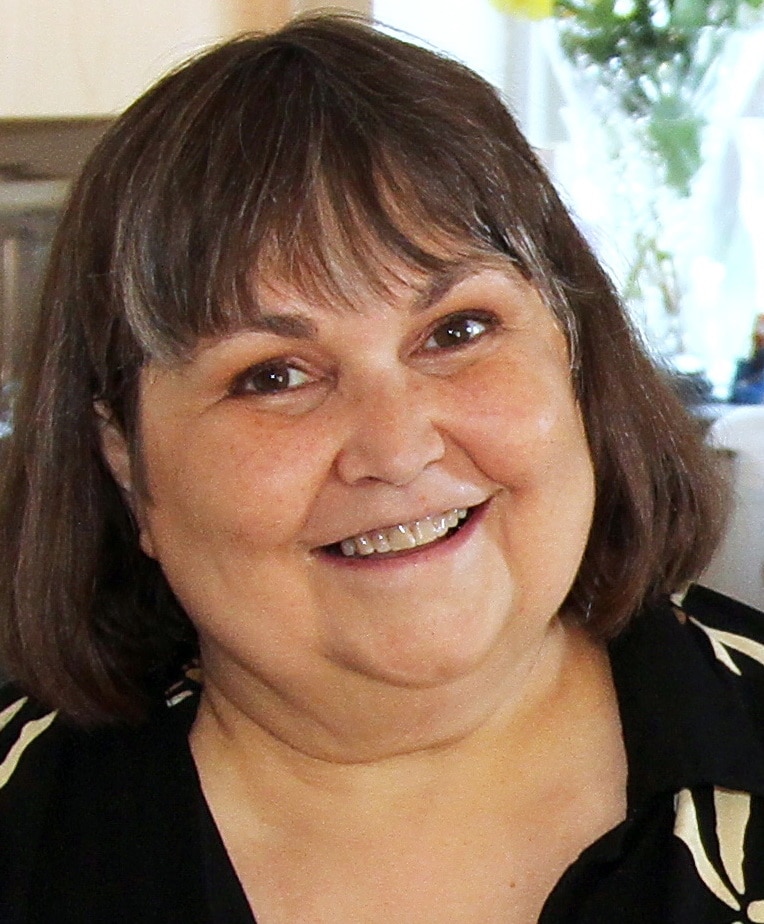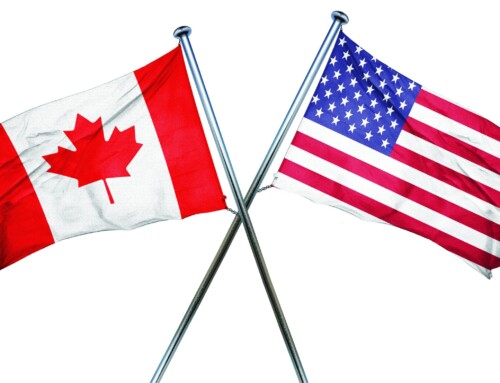By Gretchen Wehmhoff
March 12 is National Girl Scout Day. It marks the anniversary of when Juliet “Daisy” Gordon Low registered the first Girl Scout troop in Savannah, Georgia. There’s even a patch for that.
I joined the Girl Scouts in 1966 as a second grade Brownie. My mom was our troop leader. Girl Scouting gave me more skills, independence and leadership opportunities than I could list, but I want to talk about one. The pocket knife.
When I was eight, my parents bought me my first pocket knife in preparation for Girl Scout Day Camp. It was an official, four-blade Girl Scout knife with a long blade, short blade, screwdriver/bottle opener and a can opener.
I was so proud of my knife. We learned about safety circles where we took our closed knife and, with both arms outstretched, make sure no one was in the virtual circle of space. My brother and nephews have since told me that they called it a “blood circle” in Boy Scouts. Yeah, I’m going with the preventative term.
My knife went to camp with me every summer, and eventually, it stayed in my purse. My purse went to school, to work, on trips and to college. Dad always had a knife on him. Maybe because he grew up in the North Cascades, or maybe because he spent four years in Europe during WWII, but I’m pretty sure it was because he learned to carry one as a Boy Scout.
So, carrying my knife was normal. My sister had one, too. We whittled together. We made walking sticks, marshmallow sticks and slingshots. Dad would get out his oil stone and we’d sharpen knives together. A dull blade is more dangerous than a sharp one.
I learned how to use the can opener and it felt so freeing. In college, a person would hold up a can and ask if anyone had a can opener. Most people just shrugged or offered to drive somewhere.
“I got it,” I said.
I pulled out my knife, opened the can opener and started on the lid.
“Where did you learn that?”
“Are you doing that with a knife?”
Afterwards, I’d wipe off the blade and put it away. I thought I was cool. I later learned that it is kind of an Alaska thing.
Traveling in Europe when I was 29 (I had promised myself I would get there before I was 30) I created a shopping list. You can guess what I wanted in Switzerland. I purchased a brand new, made in Switzerland, Spartan Swiss Army knife. Oh yeah.
The red knife with blades, screwdrivers, a corkscrew, toothpicks and the cherished can opener was my new companion. Years later my husband gave me a SwissChamp version — the one with everything — a saw, file, magnifying lens, compass, scissors, tweezers, fishing blade, pliers and more.
“Are you sure you don’t want perfume or something like that?” he asked.
“Uh-uh. This is perfect!” (He also gave me winter wipers and I was elated.) The magnificent knife became my new companion. Until society changed some rules.
After the Columbine tragedy, I couldn’t carry my knife to school as a teacher.
After the Sept. 11 attack, I couldn’t carry my knife on the plane.
So I bought a can opener for my teacher desk at school and used scissors instead of my knife. As for traveling by plane, I checked my knife in my luggage.
This was all great until I flew to Columbus, Ohio for the Arnold Sports Festival to play table tennis. I planned to travel light, so I packed a small backpack with competition clothes and my racket. I cleared my bag of all things not accepted by security and paused briefly when I realized I had to leave my knife at home.
Once there, other players and I stopped at a grocery store for food. I picked up a few things, including a can of black beans. With my allergies, I knew I wouldn’t be able to buy from the food vendors, but I knew I would need some complex fuel.
I took my break between matches on the first day, reached for my beans and headed to the food vendors to have them open my can. This is about the time I started to feel like Crocodile Dundee in New York.
“No, we don’t do that.”
“I don’t think my boss would let me.”
“Did you want to order something? No? Next.”
I can think of vendors all over Alaska who would have said, “Just a sec,” and bring back my opened can. Of course, vendors in Alaska would also take time to work around my allergies. These people were all about fried food, energy supplements and money. Besides that, the lines were long.
I decided to take my request to the other participants. It was a gigantic hall with a few thousand people walking around. Someone would have a pocket knife.
“Hi. You wouldn’t have a pocket knife handy, would you?”
Responses ranged from a shake of the head, a polite no, a strange look and a “nah, sorry.” One woman moved her kids away from me.
I moved on with my can of food. I felt eyes following me. “There’s that lady with the beans.”
I must have asked over 40 people. No one had a pocket knife.
I asked the man next to me. He didn’t have one.
“I wonder why people don’t carry pocket knives,” I mulled out loud.
“I don’t want to get in trouble,” he said.
It was then that I realized that Alaskans are really, really different. I didn’t think twice about asking to borrow a pocket knife, yet most of those I asked looked at me like I wanted to borrow their car or commit a crime. Not only that, but it seemed there was a sense of “breaking a rule” by even having one. It made me appreciate where and how I live.
A good statistical sample is 10% of the group size. So, if there were 4,000 people at the Arnold, then my sample was statistically significant. No one carried pocket knives.
I finally found a vendor who handed me a can opener after the lunch rush. From then on, I carried a small can opener when I traveled without checked luggage.
I still carry my Spartan knife everywhere. My SwissChamp is in the glove box of my car. I’m not sure I can wrap my head around not having the satisfaction of knowing all the tools you could possibly need are in your pocket or glove box — but I’m sure the folks at the festival were trying to figure out why I would.





Leave A Comment